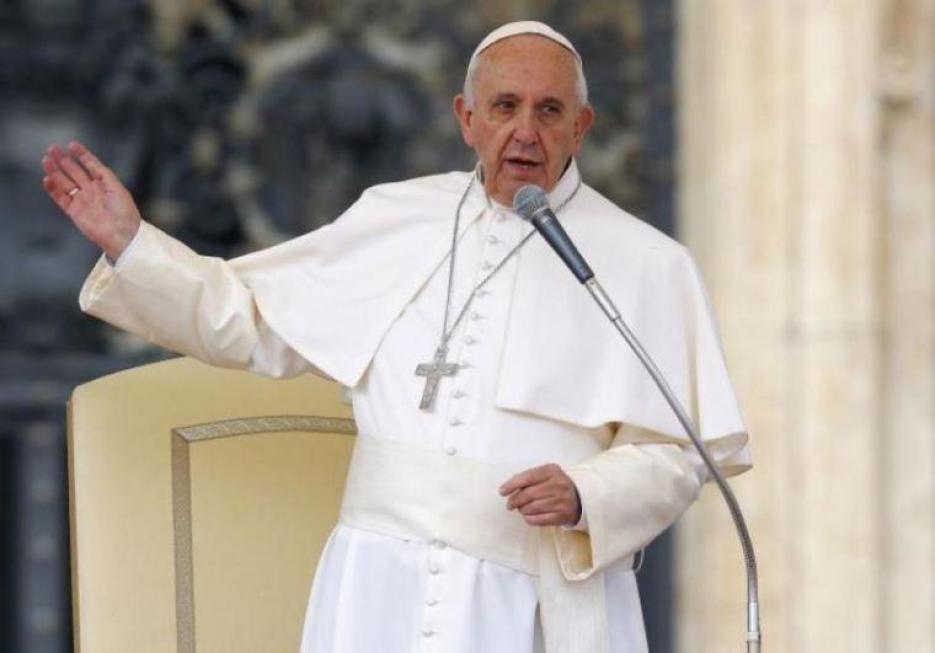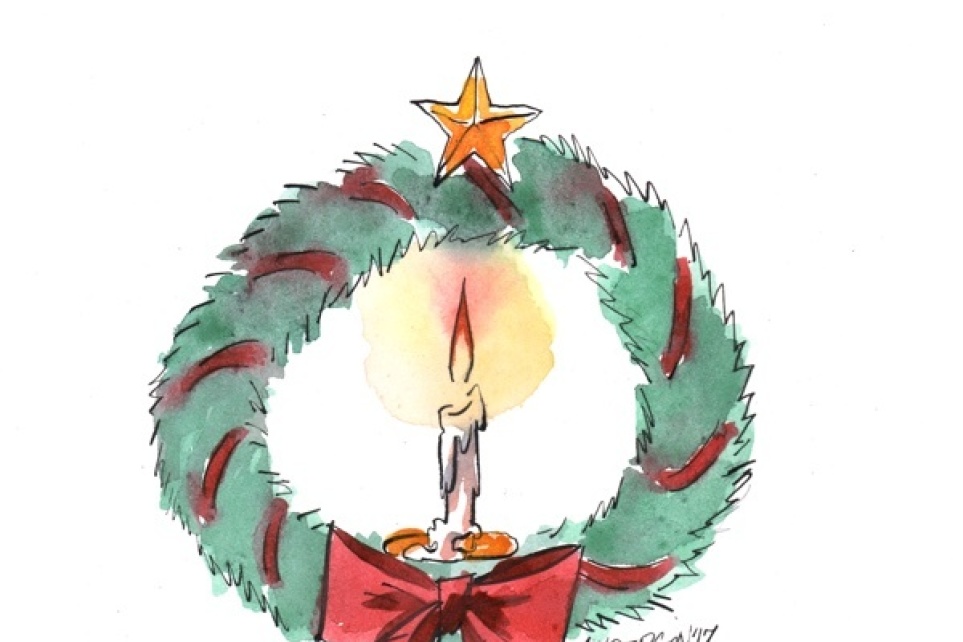7 notables cristianos latinoamericanos: santos, un Papa, un evangelista

El Mes de la Herencia Hispana es una celebración en los Estados Unidos que honra las contribuciones de los estadounidenses que remontan sus orígenes a América Latina y otras regiones de habla hispana.
La observancia comienza el 15 de septiembre,aniversario de cuando Costa Rica, El Salvador, Guatemala, Honduras y Nicaragua obtuvieron la independencia del Imperio español, y termina el 15 de octubre.
A lo largo de los siglos, América Latina ha sido el lugar de nacimiento de un gran número de cristianos, algunos de los cuales han recibido renombre internacional y han ejercido una amplia influencia en las iglesias.
En honor al Mes de la Herencia Hispana, aquí hay siete notables cristianos latinoamericanos. Incluyen algunos santos católicos, un destacado teólogo, un evangelista consumado y el papa actual.
Juan Diego
Nacido casi 20 años antes de la llegada de Cristóbal Colón al hemisferio occidental con el nombre de Cuauhtlatoatzin, Juan Diego y su esposa fueron de los primeros conversos al cristianismo en México.
En 1531, dos años después de la muerte de su esposa, Diego afirmó haber visto una aparición de la Virgen María en tepeyac Hill, que rápidamente se hizo ampliamente conocida como "Nuestra Señora de Guadalupe".
"La noticia de la aparición de la Virgen se extendió rápidamente; y en los siete años siguientes, 1532 a 1538, el pueblo indio aceptó a los españoles y 8 millones de personas se convirtieron a la fe católica", escribió Jim Cosgrove, del Registro Católico Nacional en 2002.
El Papa Juan Pablo II beatificó a Diego en una misa en la Basílica de Nuestra Señora de Guadalupe en la Ciudad de México. En julio de 2002, Diego fue oficialmente canonizado como santo.
Rose of Lima
Born Isabel Flores de Olivia to Spanish colonists in 1586 and a native of Peru, Rose of Lima was a nun who became widely known for practicing extreme piety.
Practices she reportedly engaged in included praying several hours a night, wearing a spiked silver crown, and on one occasion burning her hands as an act of penance.
Dying at the age of 31, Rosa of Lima’s funeral was attended by many, including government officials, with her being later canonized as a saint in 1667, or 50 years after she died.
“Her feast day is August 23 around the world, although some countries, like Peru, celebrate her on August 30,” noted Catholic Online.
“St. Rose is the patroness of embroiderers, gardeners, florists, those who suffer ridicule for their piety, and people who suffer family problems.”
Mariana of Jesus Paredes
Born in 1618 to a prominent family in what is now Ecuador, Mariana of Jesus Paredes was known for her strict spiritual practices and being the patron saint of Ecuador.
These practices reportedly included eating no more than an ounce of bread every eight to ten days, aside from communion at daily mass, and bodily mortification.
“During the 1645 earthquakes and subsequent epidemics in Quito, she publicly offered herself as a victim for the city and died shortly thereafter,” explained Catholic Online.
“It is also reported that, on the day she died, her sanctity was revealed in a wonderful manner: Immediately after her death, a pure white lily sprang up from her blood, blossomed and bloomed, a prodigy which has given her the title of ‘The Lily of Quito.’”
Oscar Romero
Born in El Salvador in 1917, Oscar Romero became archbishop of San Salvador in 1977 and was known for his widely listened to sermons on a multitude of social and political issues.
Archbishop Romero garnered controversy over his outspoken support for the poor and denunciations of state-sponsored repression in El Salvador at the time.
“There, in a society of cover-up and lies, he spoke the truth of what was happening in the countryside; he denounced the killings, the torture and the disappearances of community leaders,” explained the United Kingdom-based Archbishop Romero Trust.
“[Romero] demanded justice and recompense for the atrocities committed by the army and police and he set up legal aid projects and pastoral programmes to support the victims of the violence.”
His views led to a violent backlash in 1980, when, while officiating mass, Romero was assassinated by gunmen. In 2018, he was canonized as a saint.
Gustavo Gutiérrez
Born in 1928 in Lima, Peru and a member of the Dominican Order, Gustavo Gutiérrez is a noted philosopher and priest considered to be the father of Liberation Theology.
The theology, popular in Latin America, argues that Christianity should be focused on advancing socio-economic policies and programs that aid the poor and impoverished.
“Gutiérrez developed a new spirituality based on solidarity with the poor and called on the church to help change existing social and economic institutions to promote social justice,” explained Britannica.
"Aunque la teología de la liberación tuvo un gran impacto, especialmente en América Latina, fue menos bienvenida en Roma debido a sus matices marxistas, y el Papa Juan Pablo II en consecuencia trató de limitar su influencia en la década de 1980".
Luis Palau
A native of Buenos Aires, Argentina, Luis Palau was born in 1934. He grew up to become a notable evangelist, having preached to millions in around 75 nations.
Becoming a Christian through a British missionary in 1944, Palau later moved to the United States and founded the Luis Palau Association, which oversees his efforts.
“Whether the Lord gives me a few months or a few years ... I have no regrets,” wrote Palau regarding whether he would continue to evangelize following a recent cancer diagnosis.
“Evangelism has been my life. And there’s nothing I want more for you than to have the same deep satisfaction in knowing you are obeying the Lord and investing in eternity.”
Papa Francisco
Nacido Jorge Mario Bergoglio en 1936 en Buenos Aires, Argentina, el Papa Francisco obtuvo titulares mundiales en 2013 cuando se convirtió en el primer pontífice latinoamericano de la historia.
A los pocos meses de su instalación, algunos hablaron de un"Efecto Papa Francisco"en el que para muchos países, la asistencia a las congregaciones católicas aumentó dramáticamente.
Francisco ha obtenido controversia, así como una interpretación errónea, sobre los comentarios que ha hecho sobre la naturaleza de la salvación, la homosexualidad y la posibilidad de la ordenación femenina.
"La Iglesia debe ser un lugar de misericordia libremente dado, donde todos puedan sentirse acogidos, amados, perdonados y alentados a vivir la buena vida del Evangelio",dijo una vez.

















